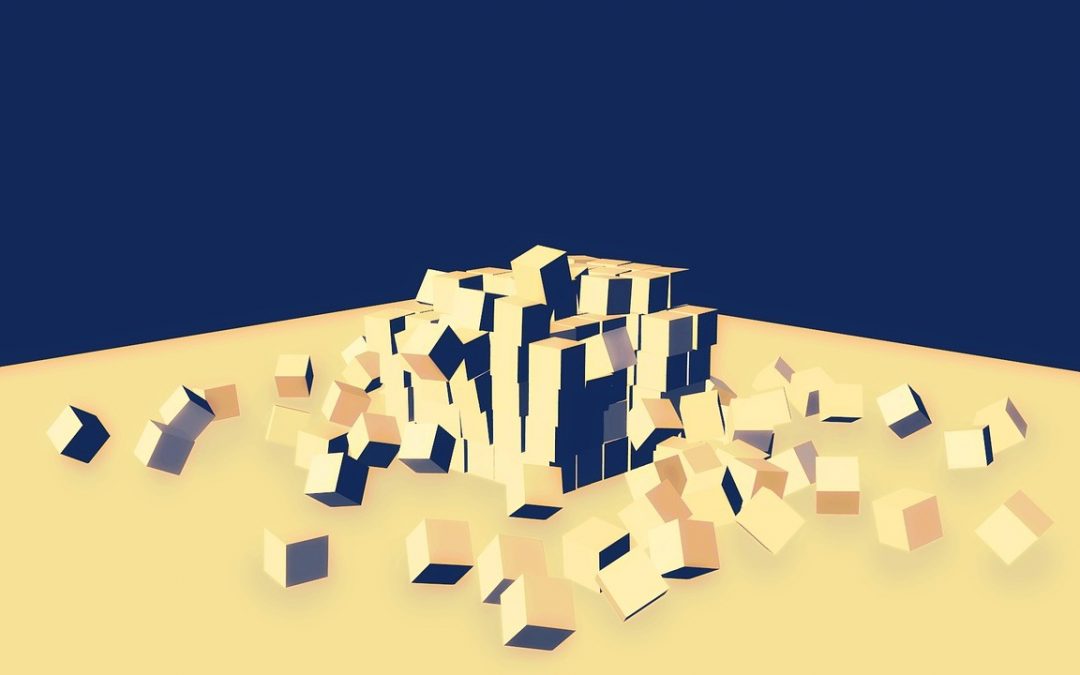I read my colleague Jay’s very interesting article dissecting the potential impact of retail giants vying to become players in the healthcare industry, and felt compelled to provide a counterpoint to add fuel to fire.
Four years ago I came into healthcare from the hi-tech industry. It was not the ~$4T size of the market that brought me here, but an opportunity to use my expertise to effect change for the better. Having experienced healthcare systems in 3 different countries, including 5 years in Canada, I became very concerned about the ever-escalating premiums, the variant quality of service between insurers and between providers. And perhaps most of all, about my and my family’s well being tied up to the benefits of a corporation. Disturbing at the very least, if not outright alarming. So why not do something about it, contribute to making it better?
Thus I joined forces with a new wave of healthcare outsiders, seasoned executives and professionals who seek to improve the healthcare system by bringing in external industry knowledge and applying it to bring forth innovation. As many experienced before me, it’s not that easy.
As the above mentioned article points out, there are three concepts key to understanding the larger picture and why it isn’t as easy — disruption, complexity, and care focused on the individual.
Within the industry many use the word disruption as a synonym of change. As there is bigger change, and lesser change, then there is more disruption and less disruption — indeed there appears to be fifty shades of disruption. It’s a practical view that reflects the industry’s continuing churn to adapt to regulation, trends and new technologies, and their clash with long established legacy. But is this really disruption?
Disruption with capital “D” is a complete and immediate change of the status quo, where business as usual ceases to exist or changes so dramatically that all that happens thereafter is either a race to adapt and survive, or a falling victim to disruption.
True disruption is created by the convergence of innovations coming from multiple (sometimes differing) areas, fueled by market forces, which are harnessed into a new method to deliver value to an avid marketplace that can instantly recognize it… therefore rendering the old method instantly obsolete.
Who discerns disruption? Those who can recognize the convergence of key innovations and forces within a short window of time ahead of their convergence . Who disrupts? Those who can discern and then integrate convergent innovations into a novel and useful method of delivery with undeniable value.
As Jay rightly pointed out, major disruption in healthcare would come from shifting our care focus from product to person. But he also alluded to the ever-changing health state of an individual as the stumbling block for those who are product oriented. Retail giants are product-centric, providing consistent value thanks to tech-efficient services – people change, tech efficiency requires consistency, or so the argument goes. This “complexity” and the giant retailer capability to navigate said complexity could be the big stumbling block for real disruption.
It has been my experience that the healthcare marketplace lacks the market pressures that would naturally shape and evolve most other markets. It has also been my impression that by declaring itself as “too complex” – while true at some level – the healthcare industry has found a way of defending itself from true disruption. No typical market forces, high complexity – that spells doom for anyone holding any aspiration to innovate, and so business as usual is perpetuated.
So what is the basis for complexity? The ever-changing nature of an individual, or the many perhaps unnecessary and costly steps in the current methods to get to a point of individual care delivery?
True disruption will only happen when focus shifts to the individual, natural market forces are allowed, and the many unnecessary steps that preclude such focus from occurring, eliminated.
Is disruption what we have in front of us with the giant retailers? I don’t believe so. Feels more like natural market competition. Maybe we’re asking the wrong question by wondering if retail giants will disrupt, could be just plain old competition. And yet outsider competition is a new element in healthcare.
Maybe the right question is this: Are we witnessing the birth of true market forces in healthcare?
And that folks, would be a major step forward towards true disruption.






